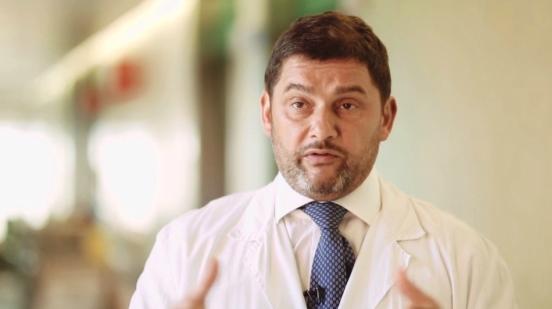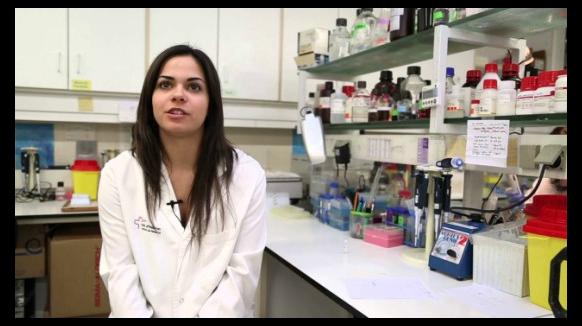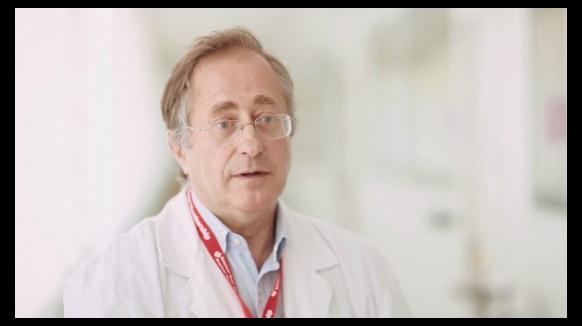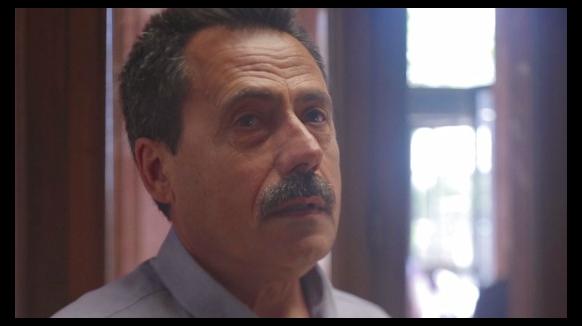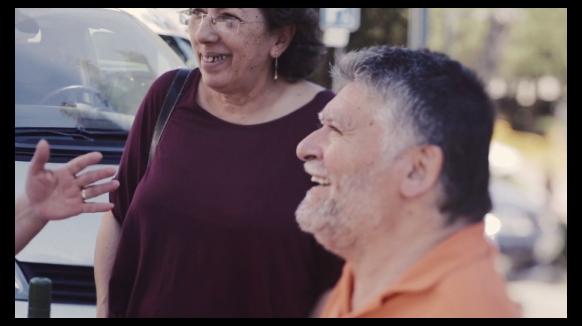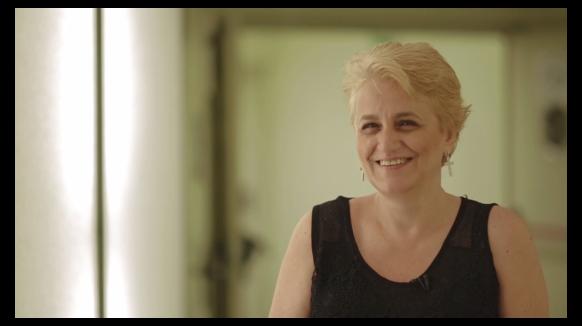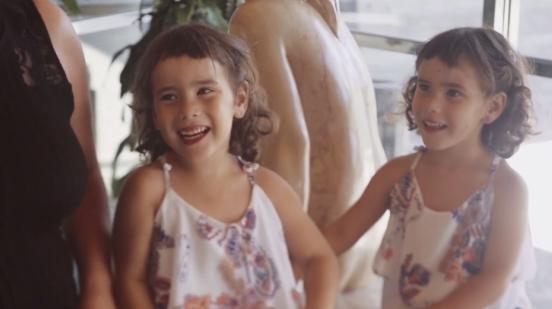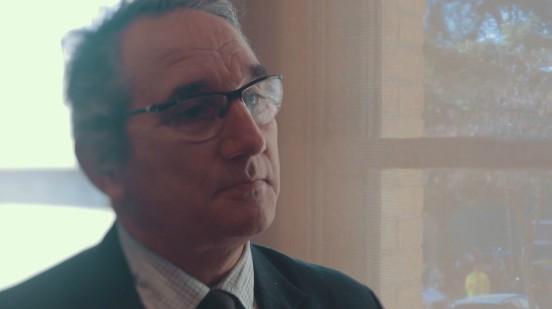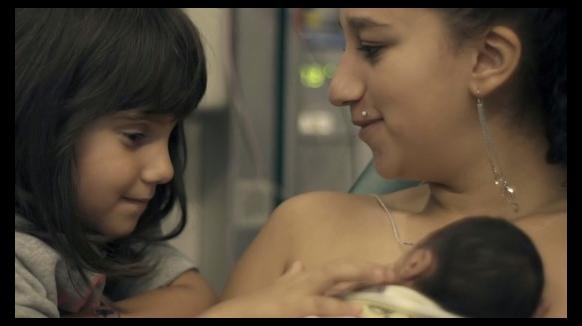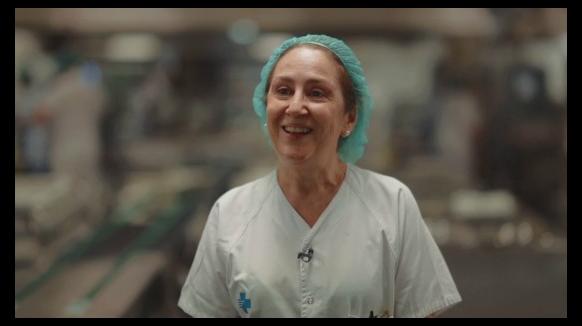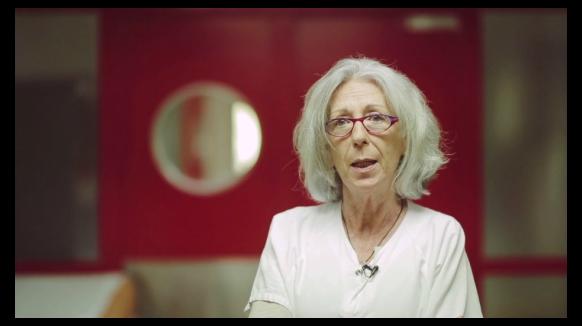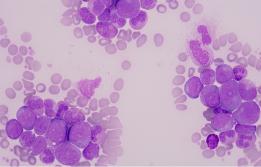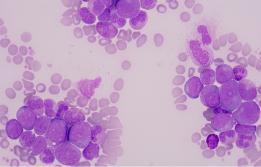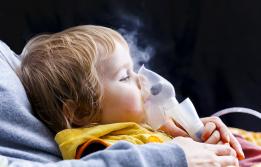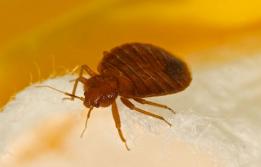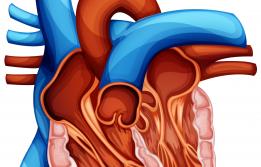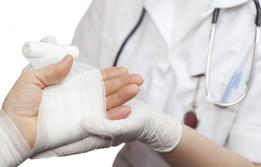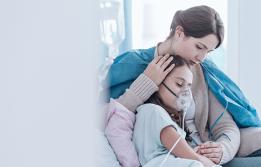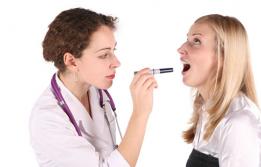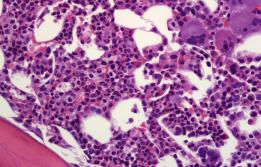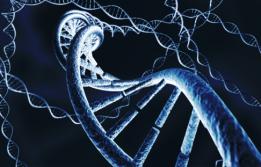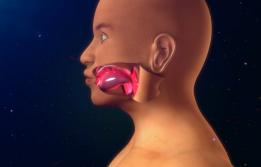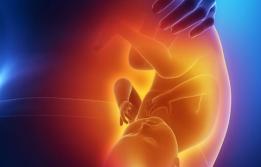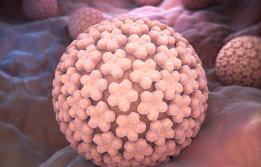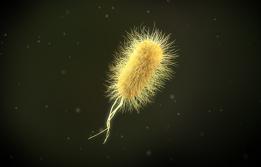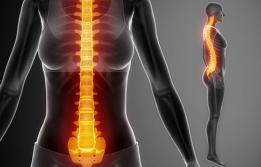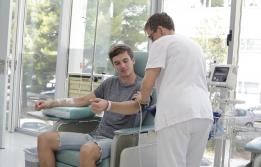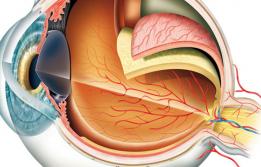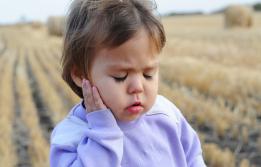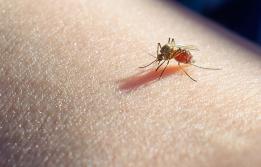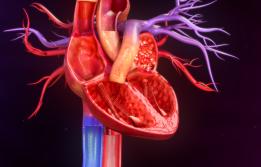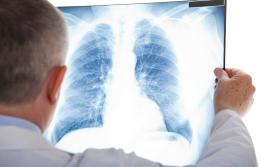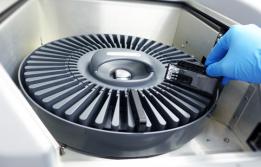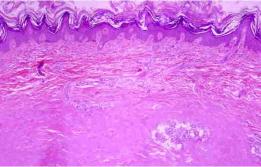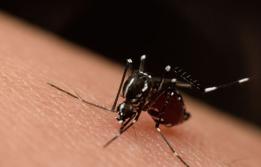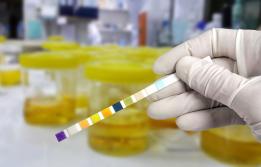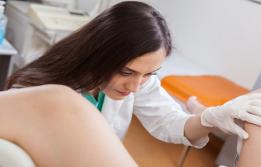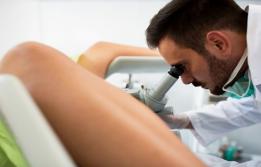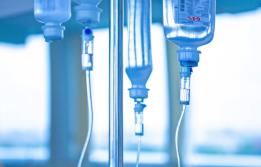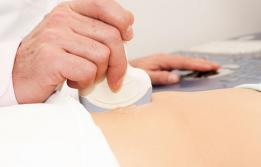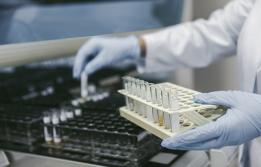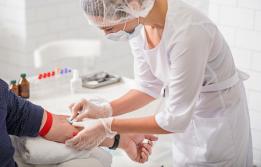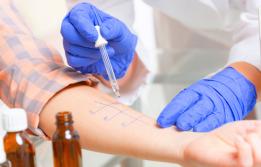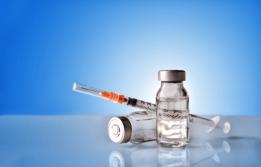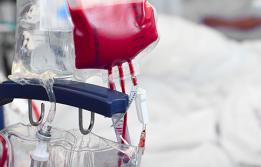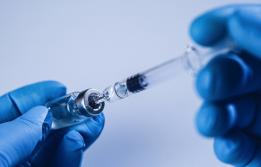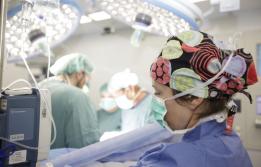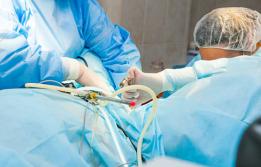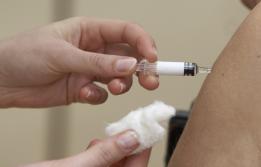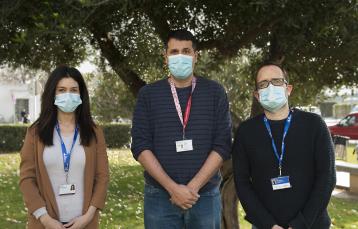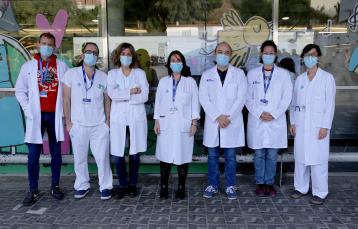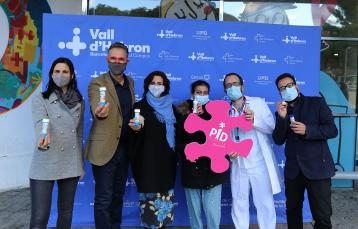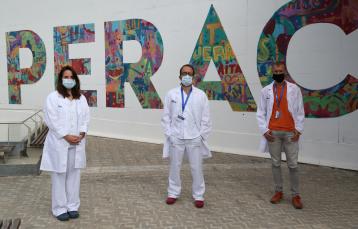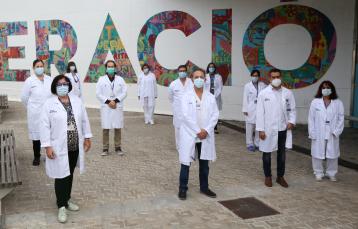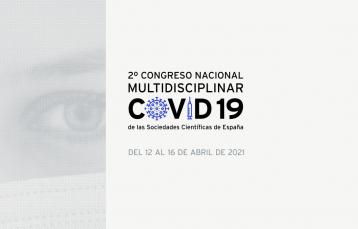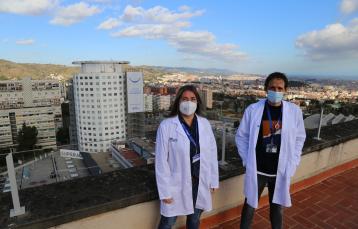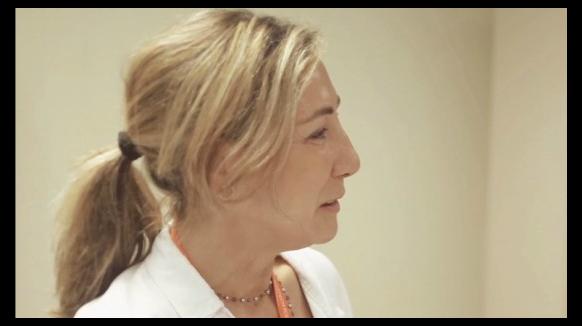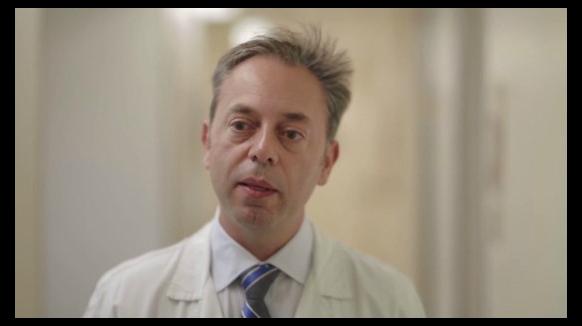Hereditary Angioedema Unit
In addition to providing multidisciplinary care for patients of all ages who suffer this condition, the objectives of Vall d’Hebron Hospital’s Hereditary Angioedema Unit include teaching and research in this field.
Description
The Hereditary Angioedema Unit (UAEH) of Vall d’Hebron University Hospital’s Allergology Department has been treating patients with this disorder for more than 25 years.
UAEH outpatients are treated by allergology specialists in a multidisciplinary manner in the Outpatient Clinic in the Old Nursing School and in the Children’s and Women’s Hospital, ensuring transference and continuity of care from childhood through to adulthood for this genetic, lifelong condition.
The Unit is made up of popular, immunologists, geneticists, gynaecologists, maxillofacial surgeons, pharmacists and nurses, who are responsible for:
- diagnosing and monitoring patients
- conducting immunological and genetic studies
- providing health education to ensure that patients are capable of recognising angioedema episodes and self-administering their treatment
- treating patients in special situations such as pregnancy, delivery, the postpartum period and during complex dental procedures.
Depending on the type of care to be given to patients with diagnosed hereditary angioedema and their profile, they should be treated by the following divisions and/or units:
Allergology Outpatient Clinic and Day Hospital
The specialists who work in the adult and paediatric allergology sections are responsible for treating patients aged 16 and under in the Children’s Hospital areas and subsequently facilitating their transfer and continuity of care with monitoring to the adult care departments in the Old Nursing School and the Allergology Day Hospital in the General Hospital.
The Hereditary Angioedema Unit (UAEH) offers an outpatient service to monitor patients with this disease: the Outpatient Clinic on the second floor of the Old Nursing School. Also, as it is a multidisciplinary unit, and depending on the type of patient (child, adult, pregnant woman), it provides care in a number of departments and units in the Children’s and Women’s Hospital, the General Hospital and A&E.
The nursing team specialises in education and specific care for patients with this disease.
A&E Care
Emergency care is provided at the Children’s Hospital for patients up to the age of 16 and at the General Hospital from the age of 17. The professionals who work in the A&Es have been trained to recognise the symptoms of this disease and to quickly provide its specific treatment.
Maxillofacial Surgery Outpatient Clinic
When a patient needs a complex dental or maxillofacial procedure they will be assessed by the hospital’s maxillofacial surgeons and their operation will be organised with the suitable prophylaxis.
Patients who have hereditary angioedema and who are pregnant
The Obstetrics, Foetal Medicine and Anaesthesia Departments have created a Working Unit for High-Risk Pregnancies for women with hereditary angioedema with the aim of monitoring the well-being of mother and child during pregnancy and of providing care during the delivery and postpartum period in accordance with a protocol specific to their type of hereditary angioedema and clinical situation. Care is also provided for high-risk postpartum cases.
In parallel to these services, there is also a reproductive counselling clinic for women with hereditary angioedema. The clinic is part of the Hereditary Angioedema Unit, and is that provided in conjunction with Gynaecology in the Outpatient Clinics of the Children’s and Women’s Hospital.
In this clinic an allergist and a gynaecologist combine their expertise to determine, in accordance with the patient’s clinical situation and type of hereditary angioedema, the possible effects of their having children. Their mission is to provide information and advice in relation to family planning and the reproductive possibilities of the patients living with this disease.
